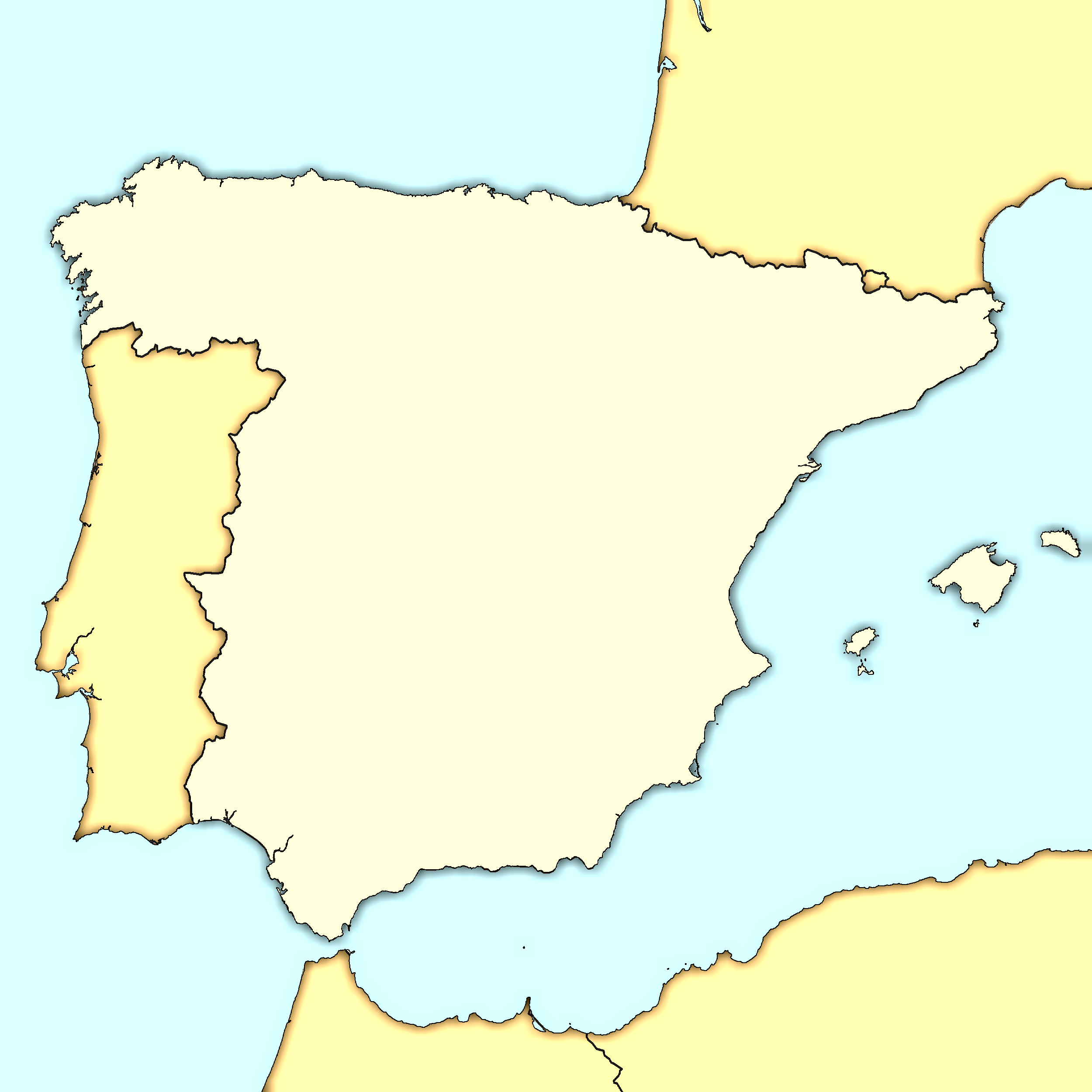Oh, certainly. I did not express myself properly. I mean that I waste too many hours on maps for my main plans to do the same for every contingency.
But that isn't too different from any other IOT.

I'll just add that "If x does this, do y" type orders are something I seriously frown upon and I encourage every GM to outlaw them to avoid the massive headache they generate.
The exception of course is if you had some sort of espionage network tipping you off to large moves, in which case they'd be valid. As stands they strike me as somewhat gamey.
I like IF() orders. Realistically, war plans are based on variables. For instance, if you're attacking someone and driving forward their heavily fortified capital, you're not going to want to do that if the defenders didn't lose X amount of units on the front, or if your ally didn't jump into the war to open a second front.
JoanK said:
The casus belli system specifies outcomes in wars. Say that King Baldy Bald of Catalonia attacked King Jack Morgan of England and the casus belli/war goal is to take a duchy, it wouldn't work out well if Duke Urist McBackstab of England (whose duchy isn't being aimed for) took King Baldly Bald's side because at the conclusion of the war, Duke Urist McBackstab would still be a vassal.
Of course, if Duke Urist McBackstab declare independence, all bets are off in that regard. Baldly Bald and Urist wouldn't be de jure allies in that case, but since they both have a common enemy in the war, they would be de facto allies, which is really good enough. There is nothing forbidden cooperation between Baldly Bald and Urist, or even Baldly Bald and vassals of Jack Morgan (who can drag their feet with their own levies, provide intelligence support, etc). Jack Morgan's vassals can only actively go to war with their liege through a civil war CB like lower crown authority, depose, independence, marriage alliance with Baldly Bald, etc.
Though, there are exceptions. I'm still working on CBs so they're flexible when need be, but still rigid enough to make strategic marriages and titles matter.
For example, I've seen more than one order that gives an attack, but to pull all armies back if someone else attacks them. This just strikes me as rather gamey... if doable the player should at least suffer a penalty for switching from offensive to defensive posture.
The penalty would be the initial losses. If Egypt sent 20 out of 20 armies against the Holy Land and Yugoslavia lands in Northern Egypt at the same time, after the first round of battles Egypt would have lost troops/maybe gain territory in the Holy Land but would have lost ground in its core. Pulling back armies to defend/retake territory as an IF() isn't really gamey in that position, especially if the Holy Land was competent and had its own plans to counterattack.
Wars are typically a jumble of IF statements, which should be encouraged since the alternative as I've seen it is wars that last a lot longer conventionally than they have any right to be.






